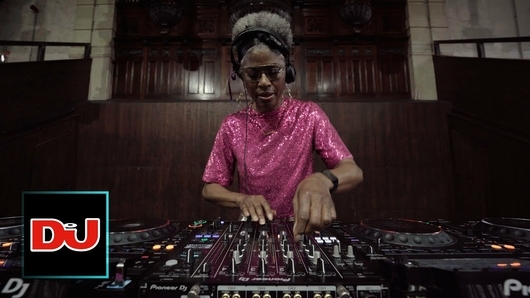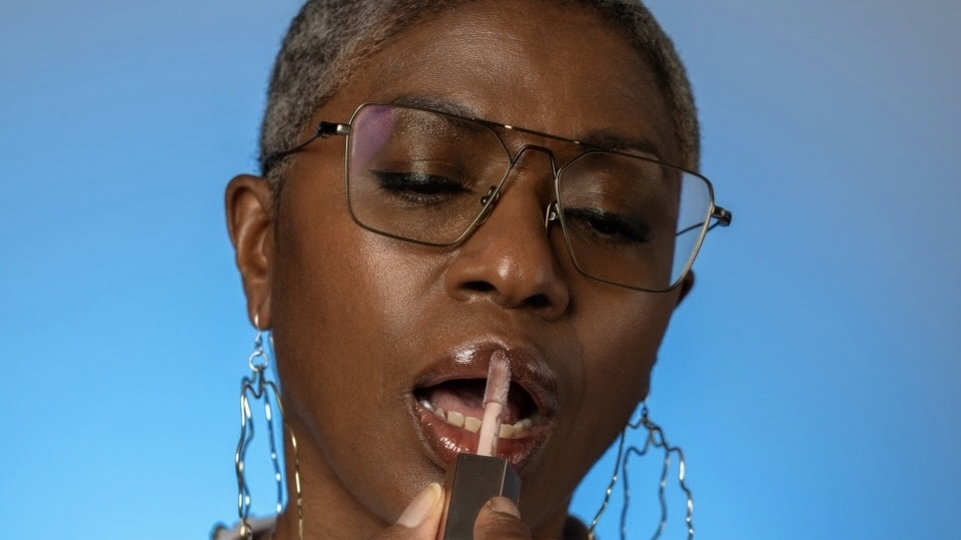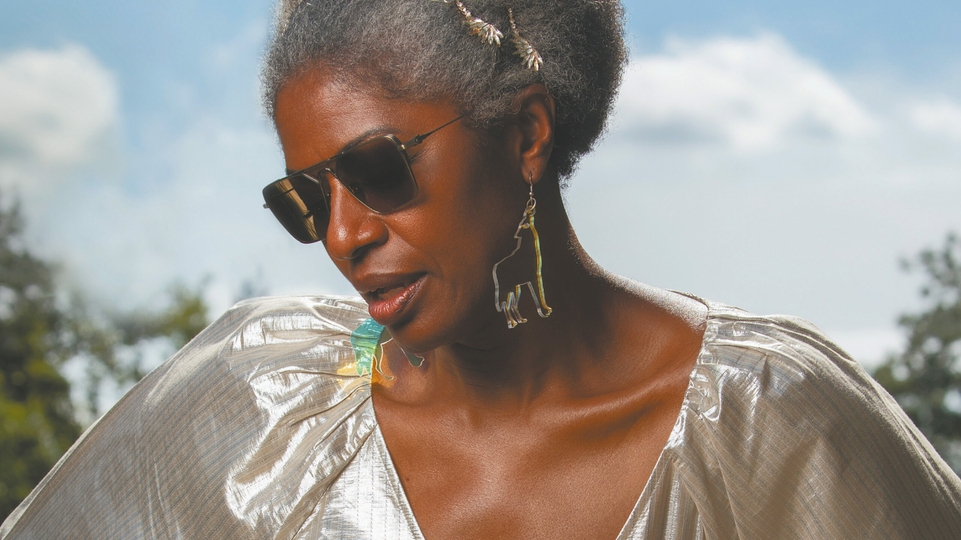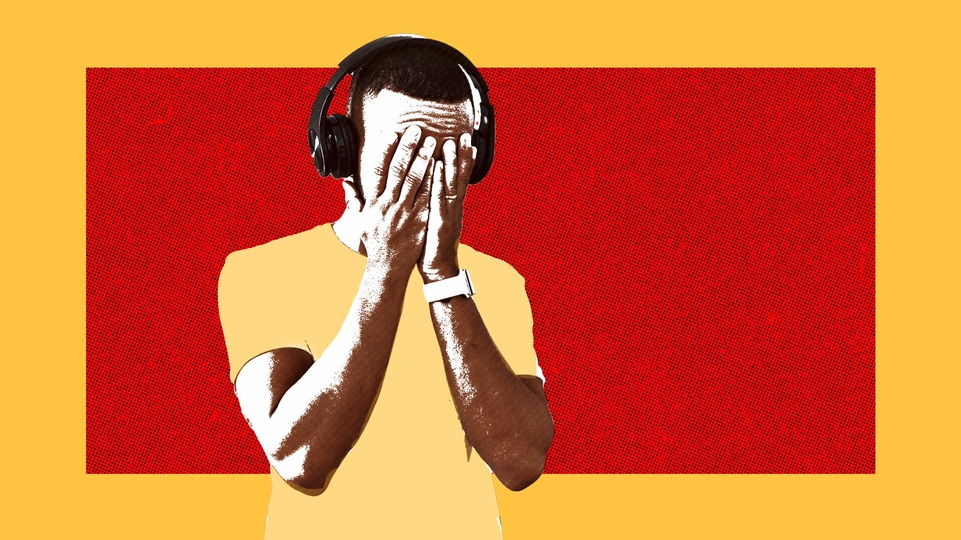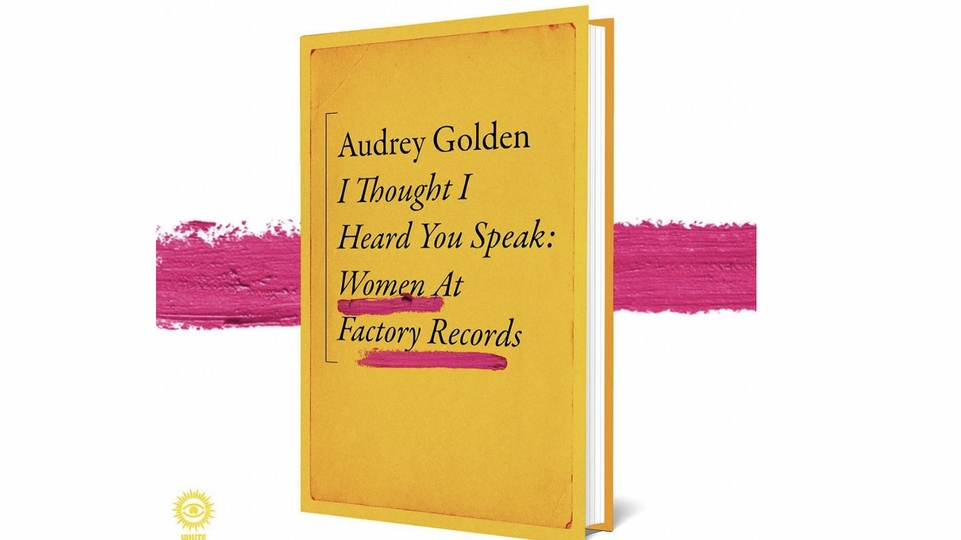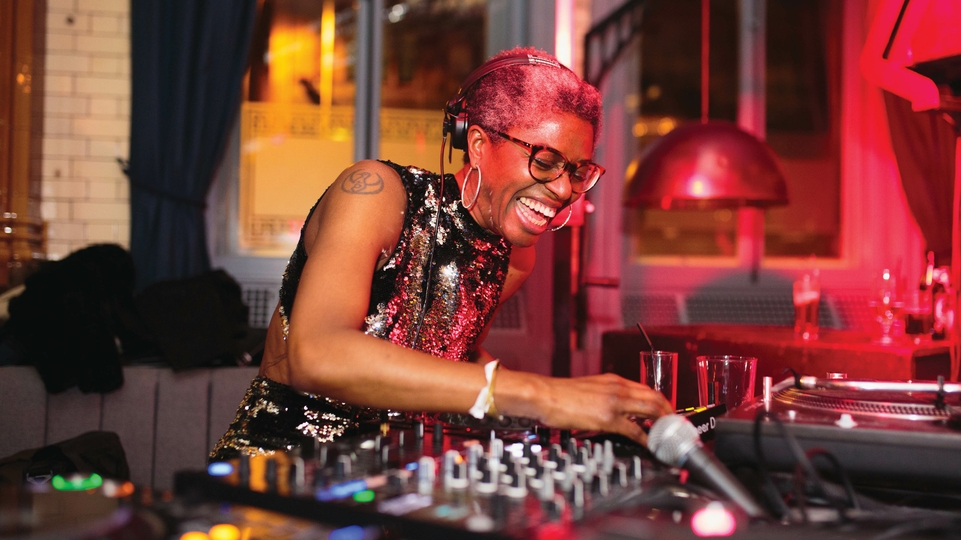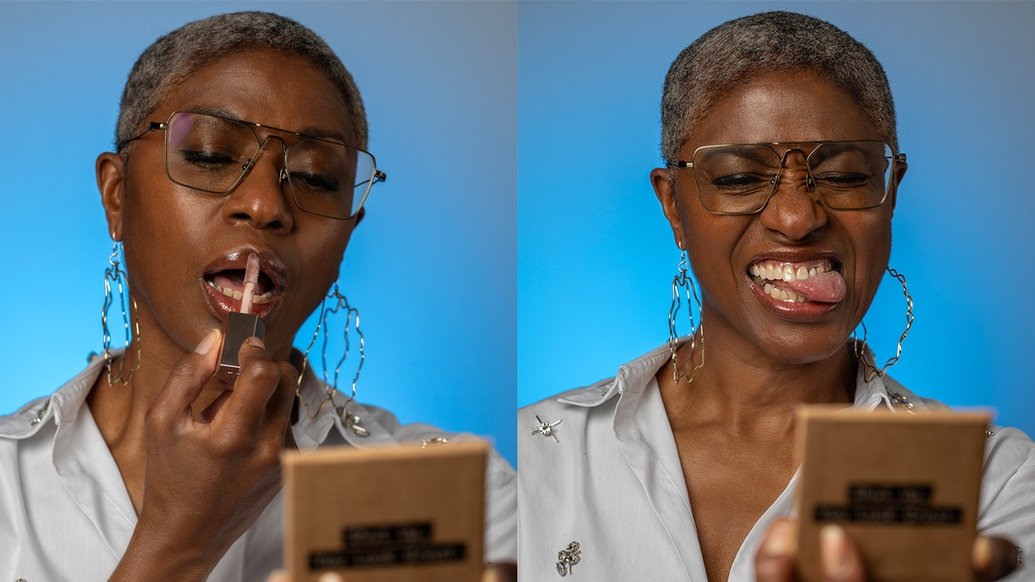
DJ Paulette: “Challenging attitudes was the calling card of every woman of colour who stood proud behind the decks”
In this excerpt from the first chapter of her book, Welcome To the Club: The Life and Lessons of a Black Woman DJ, out now, DJ Paulette reflects on her singular style, championing queer culture as a TV presenter in the early ‘90s, and becoming a full-time DJ
Changing minds and challenging attitudes was the calling card of every woman of colour who stood proud behind the decks of some of the most iconic parties in the UK. We women were DJs first – known for the music we played and the style we played it with. The look was strong but also secondary. I worked an androgynous persona and exuded a fierce attitude that stood out from the smiley culture, flowing locks and baggy rave style. My shaved head started in 1989, continued as a university economy, then was fine-tuned after attending the Vidal Sassoon student night for a free haircut. Nick Arrojo and Peter Gray both perfected my rough space-age-meets-tribal look. My singular style (in Manchester terms anyway) soon transported me to a world of catwalk modelling and fashion shoots for local designers like Gio Goi and Consalvo Pellecchia.
One evening at home in my mum’s Fallowfield sitting room, my friend Simon Bushell presented me with an advert that he had cut out of the local newspaper. Granada TV were auditioning for presenters for a new show called Juice. It was a lifestyle culture magazine programme which would be in scheduling competition with Terry Christian and Dani Behr’s The Word on Channel 4. It was aimed at the prime-time youth market with an 18–30 demographic. I applied, as did hundreds more. I was amazed when I received my letter for the recall and elated when I got the job presenting alongside Tara Newley19 and Johnny Dangerously.
At twenty-three years old, Janie Valentine was the youngest producer with Granada TV. From 1993 to 1994 she was responsible for the team who created Juice. Flying in the face of the homophobia created by the Aids campaign, programmes such as this heralded the start of positive images of gay culture entering this broadcasting medium. Nowadays we have Gentleman Jack, It’s a Sin, Sex Education and Banana on lock. The legislative aftershocks of Section 28 that prohibited the promotion of homosexuality by local authorities were not repealed until 2004. Prior to this, anything gay on TV was considered an advertiser’s graveyard like Soap, terrifying (the Aids campaign), shocking (The Naked Civil Servant) or crass, camp and a send-up like Dick Emery in bad drag – Liverpool comedian Kenny Everett dressed as Dolly Parton with a beard or John Inman in Are You Being Served? Dramas such as Russell T. Davies’s Queer as Folk and the adaptation of Armistead Maupin’s Tales of the City, which became the must-watch cult programmes of the decade, were the exception. While a regional programme, Juice played its part in this explosion of queer culture, running features on Flesh, Manchester’s drag scene, the launch of Paradise Factory, and comedy from Lily Savage20 just after the watershed. It was fun, sexy, irreverent and anarchic. It featured a clubby soundtrack with lots of house music and live appearances, and put me, a bald, Black, queer, female presenter on primetime TV every Friday night at 9 p.m. Groundbreaking.
My activism snapped into focus when I signed up to present Loud and Proud alongside Boy George and The Word’s Hufty. It was the first gay magazine programme to be broadcast on national radio. Produced by Mark Ovenden and Christopher Kelly for Fergus Dudley at Radio 1, Loud and Proud took a weekly topical look at LGBT issues. It was not an easy launch – the heads at the BBC were unsupportive and the press had a field day – but I wasn’t fazed. The show was relevant, necessary and I am proud to have been a part of it.
In less than two years I had become a local celebrity with features in i-D, The Face, Mixmag and DJ Magazine and lead articles in the Manchester Evening News and City Life. I was becoming a nationally recognised DJ. I was co-presenting a radio show on BBC Radio 1, I was being namechecked in liner notes for Kinky Trax house-music compilations and was presenting a popular TV programme on Granada TV. I’d had a speaking part in the first episode of Cracker alongside Robbie Coltrane which gave me my ‘fast track’ Equity Card. I presented the Manchester Festival programme alongside Anthony H. Wilson at prime time on Granada TV. I bought my first set of Technics turntables, a mixer, amp, tape decks and speakers from Andy Aindow at The Bassment DJ Supplies with my first pay cheque from Juice. I also engaged an accountant, submitting my first tax return as a self-employed freelancer and DJ. I’d achieved all this by the time I graduated in 1994.
As I completed my finals, Wayne Kurz booked me at the Zap Club in Brighton21 as a guest. The party was so success- ful that he asked me to take up a weekly Saturday-night residency. At the same time, I was invited to be a regular guest at REACT’s Garage night at Heaven22 and my DJ diary was filling up with dates across the UK. With my divorce now imminent, the job that I never applied for became the career that I pursued. I followed my passion and the path less travelled to become a full-time DJ.

